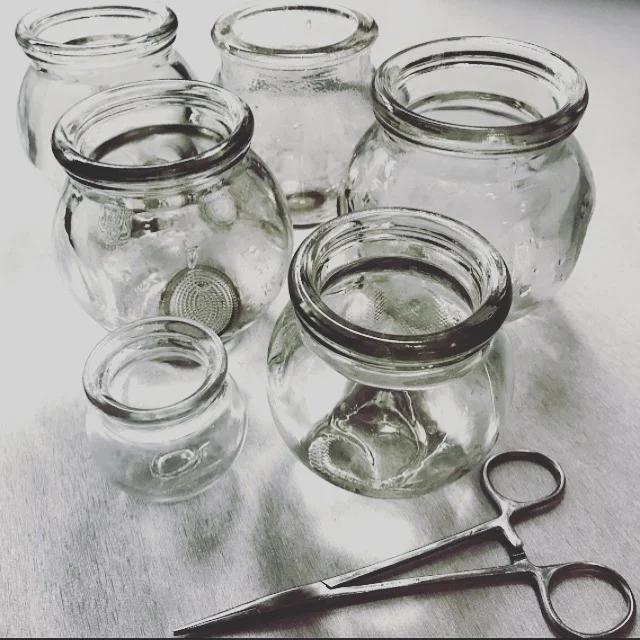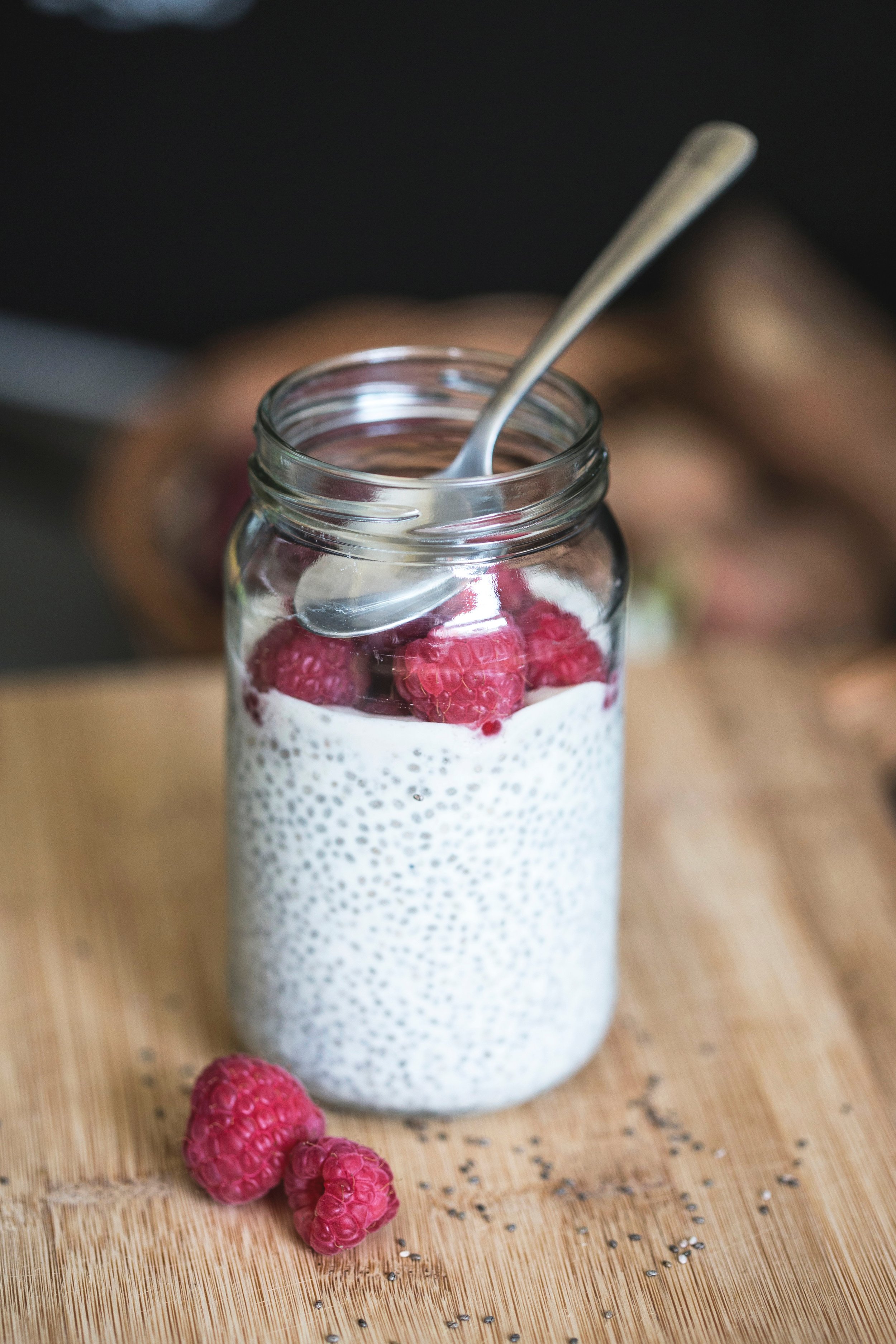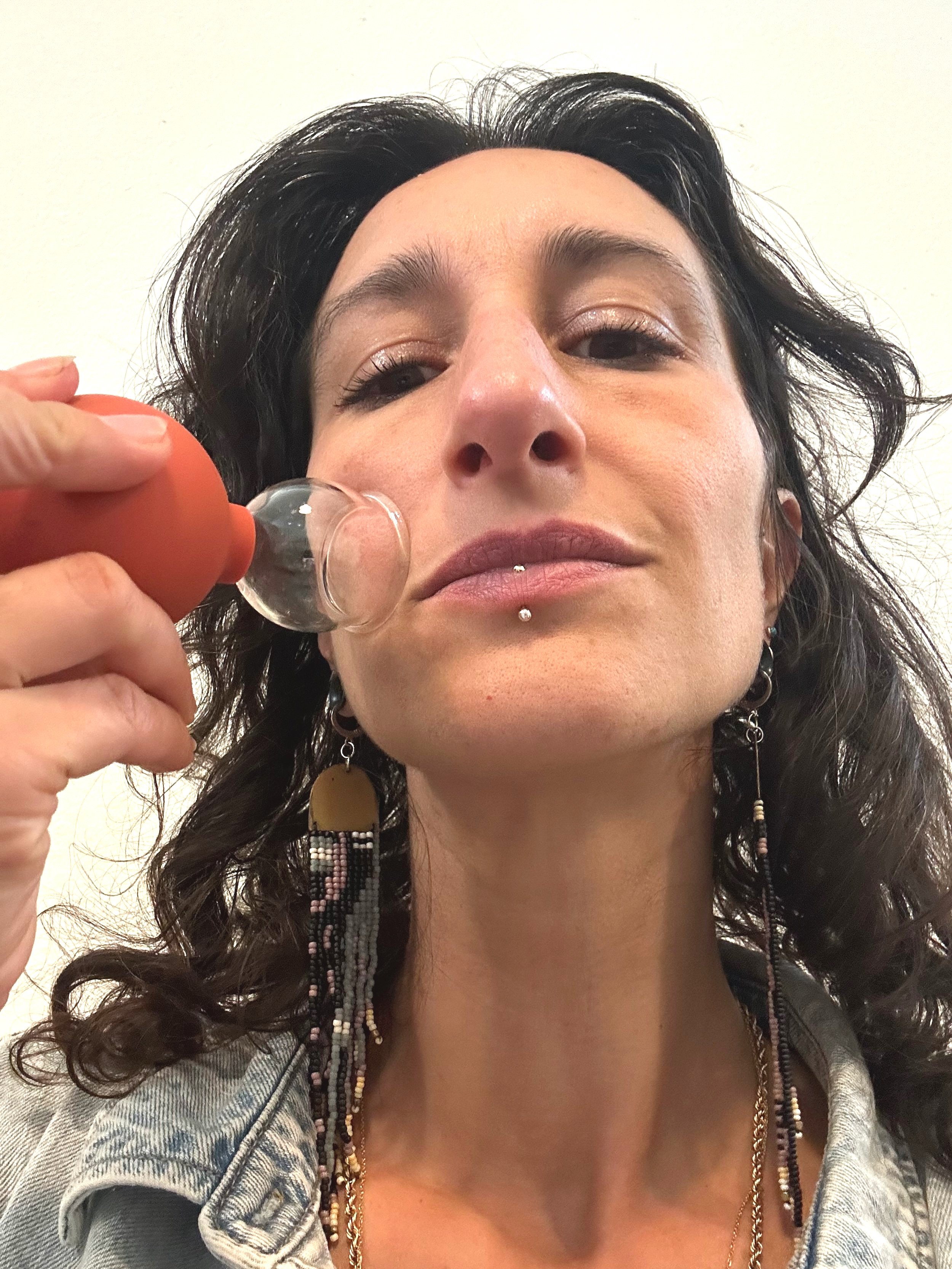Repopulating the Gut Microbiome; Probiotics and Prebiotics
The human body is home to trillions of microorganisms, collectively known as the microbiome. Among the diverse microbiomes found within our bodies, the gut microbiome plays a vital role in maintaining our overall health and well-being. However, various factors such as stress, poor diet, antibiotics, and illness can disrupt the delicate balance of the gut microbiome. In this article, we will explore the importance of probiotics and prebiotics in repopulating the gut microbiome, and how they can promote digestive health and improve overall wellness.
Understanding the Gut Microbiome
The gut microbiome refers to the complex community of microorganisms, including bacteria, fungi, viruses, and other microbes, residing in the gastrointestinal tract. These microbes perform a wide range of functions essential for human health, such as aiding in digestion, producing vitamins, modulating the immune system, and maintaining a barrier against harmful pathogens.
The Importance of Probiotics
Probiotics are living microorganisms that, when consumed in adequate amounts, impart health benefits on the host, this being you! They can be found naturally in certain fermented foods like yogurt, sauerkraut, and kefir, or taken as dietary supplements. Probiotics help restore the balance of the gut microbiome by increasing the abundance of beneficial bacteria.
By replenishing the gut with probiotics, these beneficial bacteria can outcompete harmful bacteria, preventing them from causing health issues. Probiotics also support digestion by aiding in the breakdown of food and the absorption of nutrients. Additionally, they promote a strong immune system response, reducing the risk of infections.
While there are many strains of probiotics, some of the most commonly studied ones include Lactobacillus and Bifidobacterium. Each strain has unique properties and benefits, so it's important to choose the right probiotic for specific health needs.
The Power of Prebiotics
Prebiotics, on the other hand, are non-digestible fibers that serve as food for probiotics and other beneficial bacteria in the gut. They can be found in certain foods such as bananas, onions, garlic, chicory root, asparagus, and whole grains. Consuming these foods can help stimulate the growth of beneficial bacteria.
Prebiotics promote the growth and activity of beneficial bacteria in the gut, thus indirectly enhancing the overall health of the gut microbiome. By selectively stimulating the growth of beneficial bacteria, prebiotics help maintain a diverse and balanced gut ecosystem.
In addition to their role in supporting the gut microbiome, prebiotics offer other health benefits. They can help regulate blood sugar levels, improve mineral absorption, reduce inflammation, and enhance satiety, aiding in weight management.
Repopulating the Gut Microbiome
To repopulate the gut microbiome, it is essential to combine probiotics and prebiotics. While probiotics introduce beneficial live bacteria into the gut, prebiotics provide the necessary nourishment to sustain their growth and activity. Maintaining a healthy gut microbiome is crucial for our overall well-being.
Probiotics and prebiotics play a vital role in repopulating and maintaining a diverse and balanced gut microbiome. By incorporating probiotic-rich foods or supplements and including prebiotic fibers in our diet, we can support the growth of beneficial bacteria in the gut, improve digestion, enhance nutrient absorption, and boost our immune system. Prioritizing the health of our gut microbiome through these natural approaches can lead to improved overall health and vitality.
Consuming a diet rich in prebiotic foods can also support the growth of probiotics and overall gut health. Include a variety of fruits, vegetables, whole grains, and legumes in your diet to ensure an adequate intake of prebiotic fibers.
When choosing a probiotic supplement, it's important to consider the strain, dosage, and viability of the bacteria. Look for supplements with high colony-forming units (CFUs) to ensure that a sufficient number of bacteria survive the digestive process and reach the gut. (This is one of my favorites, Dr. Ohira)
Repopulating the Gut Flora Probiotic Protocol
Start with adding one probiotic pill daily. Start with a product that is around 15 billion CFUs. Do this at night with food. If there are no die-off symptoms (see below), continue for 3 days.
Then add one pill in the morning with breakfast. If there are no die-off symptoms continue for 3 days.
Continue to add one pill each morning and evening until you reach 50 billion CFUs.
Generally, you want to maintain about 45-60 billion organisms for a duration of 3 months.
You can stay with the brand you currently have and increase to two pills in the morning and two in the evening or switch to a more concentrated formula and in that case, you are able to take fewer pills each day.
Die-off Symptoms
Die-off symptoms, also known as the Herxheimer reaction, or a Jarisch-Herxheimer reaction, can occur when there is a sudden increase in the intake of probiotics or when the gut microbiome undergoes significant changes.
These symptoms are usually temporary and indicate that the body is responding to the changes in the gut environment. It's important to note that not everyone will experience die-off symptoms, and the severity and duration of symptoms can vary from person to person. Here are some common die-off symptoms associated with increased intake of probiotics:
Digestive Disturbances: Increased probiotic intake can lead to changes in the gut environment, potentially causing symptoms such as bloating, gas, diarrhea, or constipation. These symptoms usually subside as the body adjusts to the new bacterial balance.
Flu-like Symptoms: Some individuals may experience flu-like symptoms, including headache, fatigue, muscle or joint pain, and general malaise. These symptoms are believed to be a result of the immune system responding to the changes in the gut microbiome.
Skin Breakouts: As the body eliminates toxins and adjusts to the new microbial balance, it's possible to experience temporary skin breakouts, such as acne, rashes, or itching. These symptoms should resolve as the body adapts.
Mood Changes: The gut-brain connection is well-established, and changes in the gut microbiome can influence mood and mental well-being. Some individuals may experience temporary mood swings, irritability, or changes in anxiety levels.
Increased Urination or Sweating: As the body detoxifies, it may increase urine production or lead to increased sweating. This is a normal response as the body eliminates waste products.
If you experience die-off symptoms, there are several steps you can take to help manage them:
Gradual Increase: Start with a low dose of probiotics and gradually increase the dosage over time. This allows your body to adjust more easily and minimizes the intensity of die-off symptoms. As seen within the protocol above.
Stay Hydrated: Drink plenty of water to support your body's detoxification processes and promote overall well-being.
Support Detoxification: Incorporate detoxifying activities into your routine, such as exercising, dry brushing, or taking Epsom salt baths. These can help support the body's natural detoxification pathways.
Supportive Supplements: Consider taking supportive supplements like activated charcoal, bentonite clay, or milk thistle to help bind and eliminate toxins from the body.
Seek Professional Guidance: If your symptoms are severe or persistent, it's advisable to consult a healthcare professional who can provide personalized advice and guidance.
Remember, die-off symptoms are usually temporary and indicate that your body is undergoing positive changes. However, it's important to listen to your body and adjust your probiotic intake if necessary.
Rebuilding the Gut
Rebuilding the gut microbiome is a process that involves promoting the growth of beneficial bacteria and creating a diverse and balanced microbial community. Here are some other strategies to support the rebuilding of the gut microbiome:
Fiber-rich diet: Increase your intake of dietary fiber. Fiber acts as a prebiotic and helps promote the growth of beneficial bacteria in the gut. Include a variety of fruits, vegetables, whole grains, legumes, and nuts in your diet to ensure an adequate fiber intake.
Avoid excessive use of antibiotics: Antibiotics can disrupt the gut microbiome by killing both harmful and beneficial bacteria. Whenever possible, try to avoid unnecessary or excessive use of antibiotics. If antibiotics are necessary, discuss with your healthcare provider about strategies to mitigate their impact on the gut microbiome.
Reduce stress levels: Chronic stress can negatively impact the gut microbiome. Engage in stress-reducing activities such as meditation, deep breathing exercises, yoga, or regular physical activity to help maintain a healthy gut environment.
Stay hydrated: Drink plenty of water to support proper digestion and the growth of beneficial bacteria in the gut.
Limit processed foods and sugar: A diet high in processed foods and added sugars can negatively impact the gut microbiome. These foods can promote the growth of harmful bacteria and reduce the diversity of beneficial bacteria. Opt for whole, unprocessed foods and minimize your intake of added sugars.
Consider fermented foods: Incorporate fermented foods into your diet, such as yogurt, sauerkraut, kimchi, kefir, and kombucha. These foods contain live beneficial bacteria and can help introduce diverse strains into the gut.
Get enough sleep: Prioritize quality sleep, as it plays a crucial role in maintaining a healthy gut microbiome. Aim for 7-8 hours of uninterrupted sleep each night.
Play in the dirt: The Earth and soil contain natural bacteria that help increase serotonin levels and other beneficial bacteria.
Increase consumption of bone broths/ potassium broths: These provide a wide range of vitamins and minerals for the body to thrive on.
Consult a healthcare professional: If you have specific gut health concerns or chronic digestive issues, it may be beneficial to seek guidance from a healthcare professional, or registered dietitian who can provide personalized recommendations tailored to your needs.
Rebuilding the gut microbiome takes time and consistency. By adopting these strategies and making positive dietary and lifestyle choices, you can support the growth of beneficial bacteria and improve the health of your gut microbiome, and hence overall health.
This is not medical advice, please talk to your healthcare provider to see if suggestions you read on the internet is right for you!































Learn about Kidney Yang Deficiency in Traditional Chinese Medicine, including signs, symptoms, food choices, and lifestyle tips to restore balance and vitality. Discover a warming recipe to support Kidney Yang health.